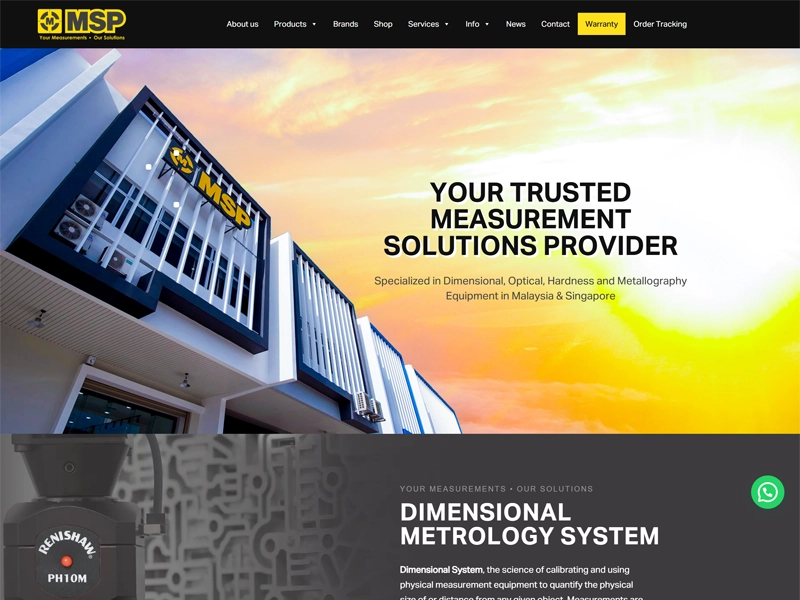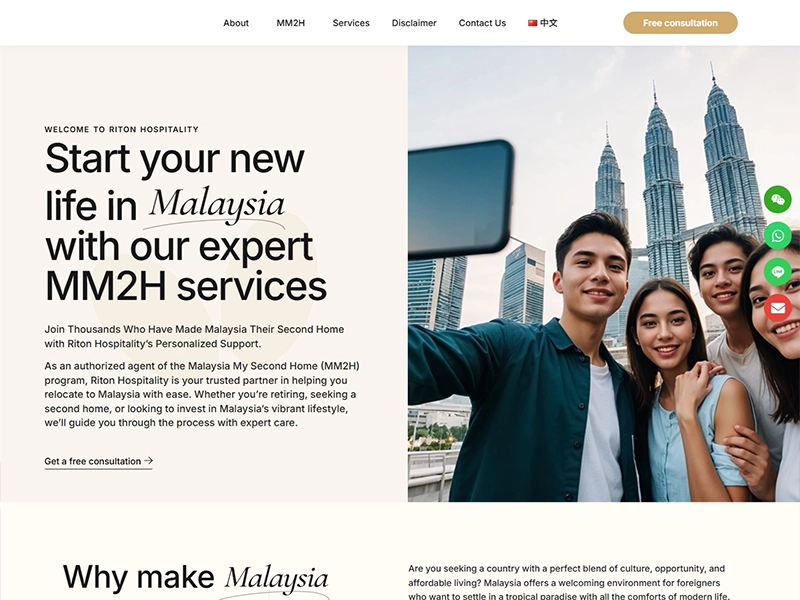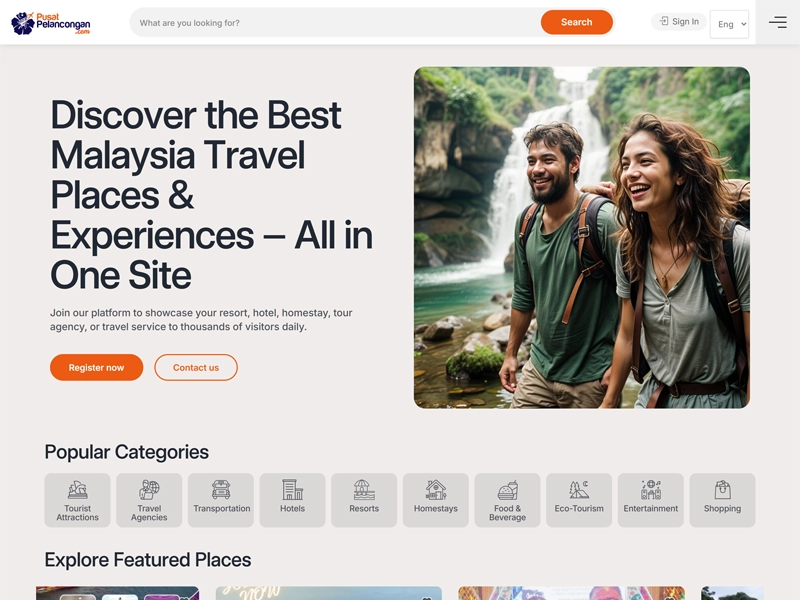
We help brands grow by making digital work —
because brands exist for humans, by humans.
Ascentso is a digital consultancy and solutions company combining strategy, creativity, and technology to help brands grow in a connected world.
From your first logo to a full-scale digital ecosystem, we make digital work — simply, intelligently, and for humans.
Everything we do fits into four connected pillars — each designed to help your brand look great, work efficiently, and grow sustainably.
From logos to complete visual systems — we shape how your brand speaks, looks, and connects with people.
Smart campaigns, creative content, and data-driven strategies that turn attention into action.
Everything we do fits into four connected pillars — each designed to help your brand look great, work efficiently, and grow sustainably.
Scalable, high-performing websites and platforms built as digital assets — more than pretty pages.
Practical programmes that help teams adapt, lead, and manage better as they grow into their roles after digital transformation.
We have worked with brands across industries — from startups to global businesses — to create designs, websites, and campaigns that perform beautifully.





















Every project is different, but our logic stays the same — we start with clarity, design with purpose, and build with intention.
Because time and effort are the biggest investments any business makes — and they deserve real outcomes.
Let’s make digital work harder — and smarter — for you.
Start your next project with clarity and confidence.
Fresh ideas, sharp frameworks, and practical lessons on digital strategy, marketing, and sustainable growth — written for people who think before they move.